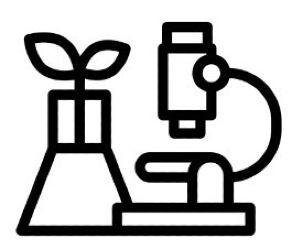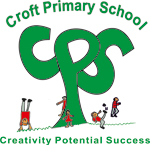Science - We are Scientists 
Science is essentially a way of thinking and working. Its concepts and skills can be transferred and utilised in all lifestyles and occupations regardless of gender, race and class. Science is an integral part of modern culture.
Children are naturally interested in the world around them and science education helps the children to understand the world in which they live.
Science Curriculum Intent
To introduce children to scientific methods of working and provide opportunities for children to enquire.
To explore, observe, suggest explanations for patterns, design fair tests, handle equipment safely and effectively, record and interpret findings, make predictions, form hypotheses and communicate findings appropriately.
To foster a range of personal qualities in all children including co-operation, curiosity, respect for the environment, critical evaluation of evidence, positive attitudes to science and a willingness to think scientifically, valuing their ideas and others around them, and to develop independence.
To develop an appreciation of the scientific aspects of everyday life and that science may have both beneficial and harmful effects on our society.
To provide a science education relevant to all our children, taking into account and providing for children with special educational needs.
To be aware of issues relating to gender and race and avoid stereotyping by using examples from a variety of cultures and to show that science includes, and is open to, both women and men.
To develop basic scientific concepts and skills, which will provide a basis for later education in science (building individual science capital).
To enlist help and support from a variety of interested parties within our local and wider communities e.g. parents, governors, local primary and secondary schools, local industry, trusts, etc.
Science Curriculum Implementation
We engage and nurture our children; inspiring them to be inquisitive. They become enthused and they initiate investigations, seeing themselves as scientists.
We provide opportunities to learn about and understand our world using a combination of practical investigation and the acquisition of knowledge.
We aim for good communication through the development of skills – mainly observation, the use of scientific vocabulary, measuring and recording.
Problems are posed in a creative yet meaningful way to reflect real-life situations, drawing upon prior learning and using cross-curricular links and skills. We value and allow time to play and explore.
Our children are confident enough to ask questions and know what they need to do to seek the answers; they say, “Yes, but what if…?” and through their curiosity they want to know ‘how?’ and ‘why?’
The day is just not long enough! We promote opportunities to learn both inside and outside of the classroom; the children are all actively engaged and want to carry on working through breaks and at home.
Science Curriculum Impact
Over time, pupil build their knowledge of scientific knowledge and conceptual understanding such as ‘force’, ‘material’ and ‘habitat’. Pupils also develop their knowledge and skills of ‘working scientifically’ throughout units and with a whole school focus on application in the summer term.
Teachers use assessment trackers, which list the key learning objectives of each unit, to show which pupils have developed a basic, advancing or deep knowledge and understanding. These are analysed by the science leader who supports teachers to address any misconceptions or gaps and provides examples of effective scaffolding and adaptation.
